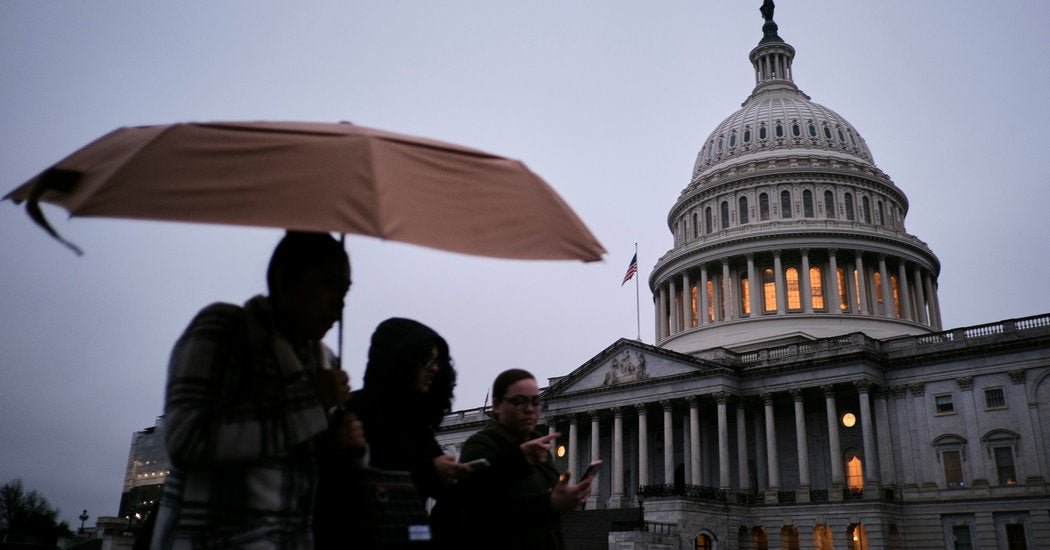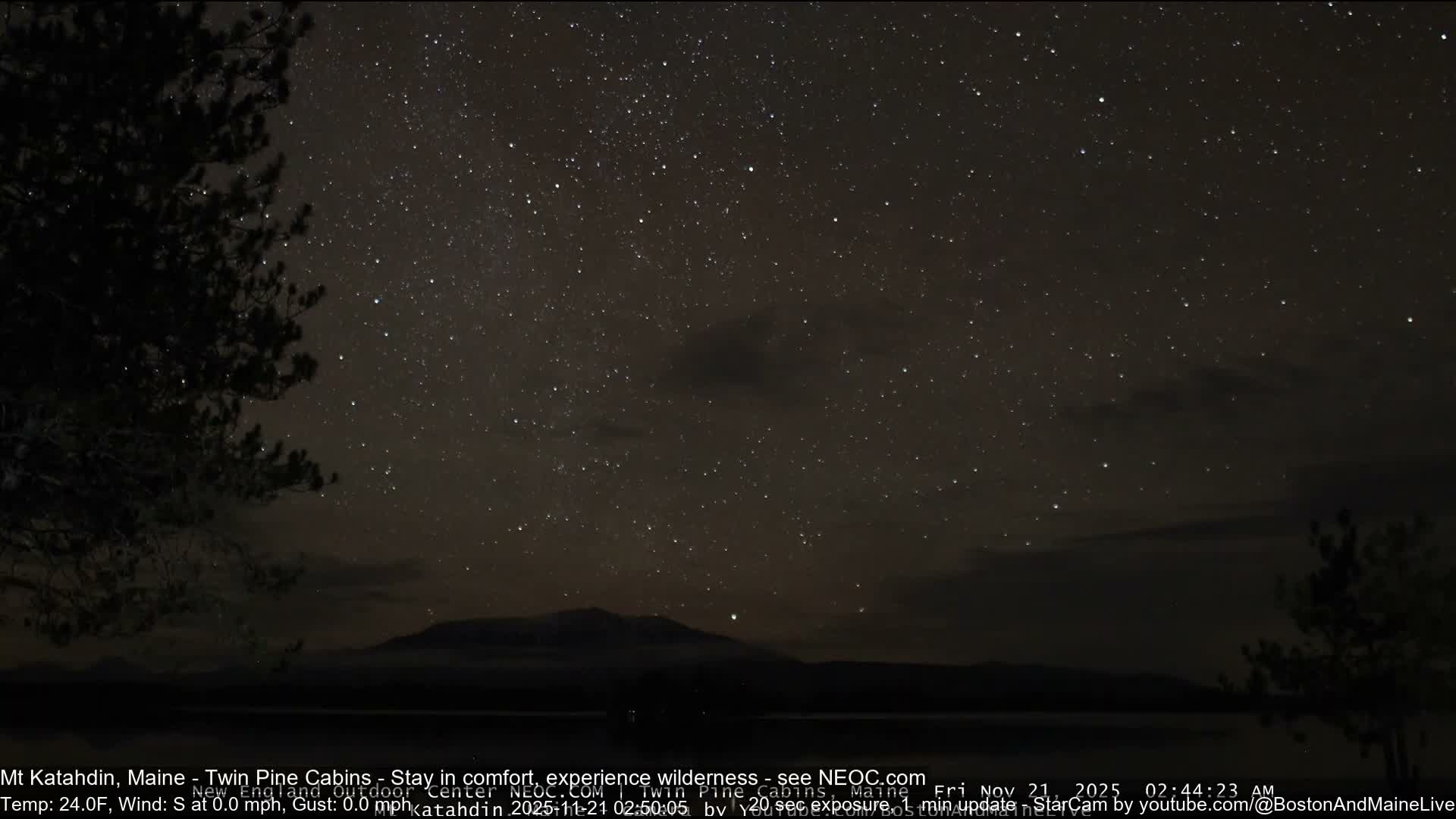Trump Calls for Democratic Lawmakers' Trial Over "Seditious Behavior" Allegations
 United States
Politics
United States
Politics

Former President Trump has publicly called for Democratic lawmakers to face trial, accusing them of "seditious behavior." This demand fuels political tension.
Trump Demands Trial for Democratic Lawmakers Over "Seditious Behavior" Allegations
Former President Donald Trump has issued a contentious call for Democratic lawmakers to face trial, leveling serious accusations of "seditious behavior" against them. This demand, emerging from the politically charged landscape, marks a significant escalation in rhetoric against his political opponents.
The Nature of the Allegation
Trump's pronouncements often employ strong language, and this latest declaration continues that trend. While the precise basis for his "seditious behavior" claim against specific Democratic lawmakers was not explicitly detailed in his public statements, the term itself generally refers to actions perceived as undermining the government or inciting rebellion. Historically, such accusations are weighty and carry severe legal penalties, implying a profound breach of civic duty and loyalty to the nation.
Political and Legal Implications
The implications of such a demand are far-reaching. Politically, it further polarizes the already divided American landscape, intensifying animosity between the Republican and Democratic parties. It frames political opposition not merely as policy disagreement but as potentially criminal activity, a narrative that can erode trust in democratic processes and institutions.
Legally, a trial for "seditious behavior" against sitting or former lawmakers would be unprecedented in modern U.S. history for purely political disagreements. The legal standard for sedition is extremely high, requiring clear intent to overthrow or levy war against the government, or to hinder its execution of laws by force. Legal scholars are likely to view such calls as lacking a strong legal foundation, particularly when applied to legislative actions or protected speech. The call itself, however, can galvanize Trump's base and serve as a powerful talking point in future political campaigns, underscoring the ongoing challenges to political norms and the potential weaponization of legal terminology for partisan ends.





